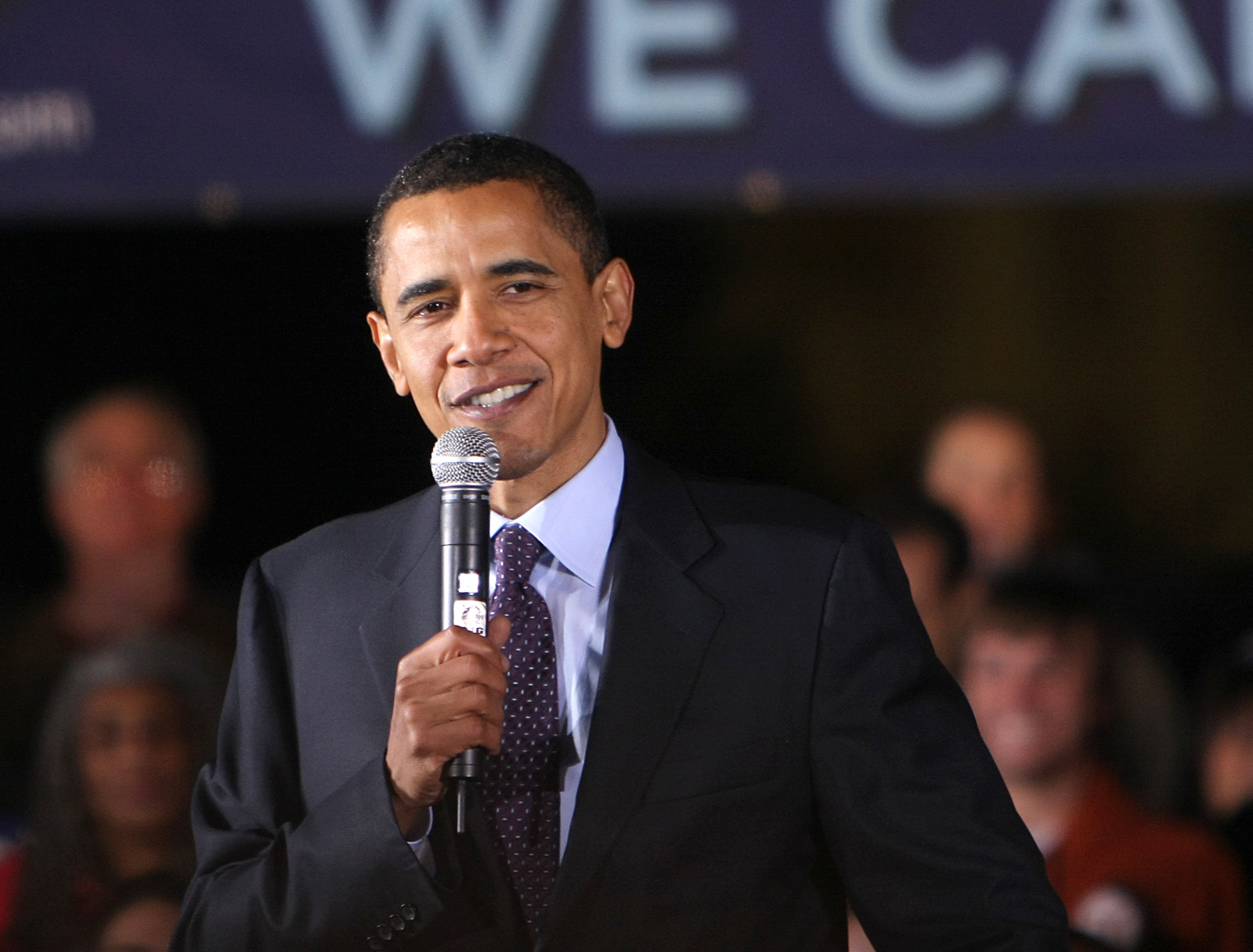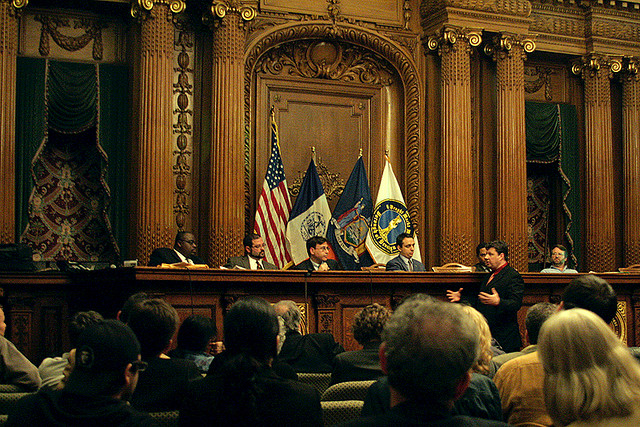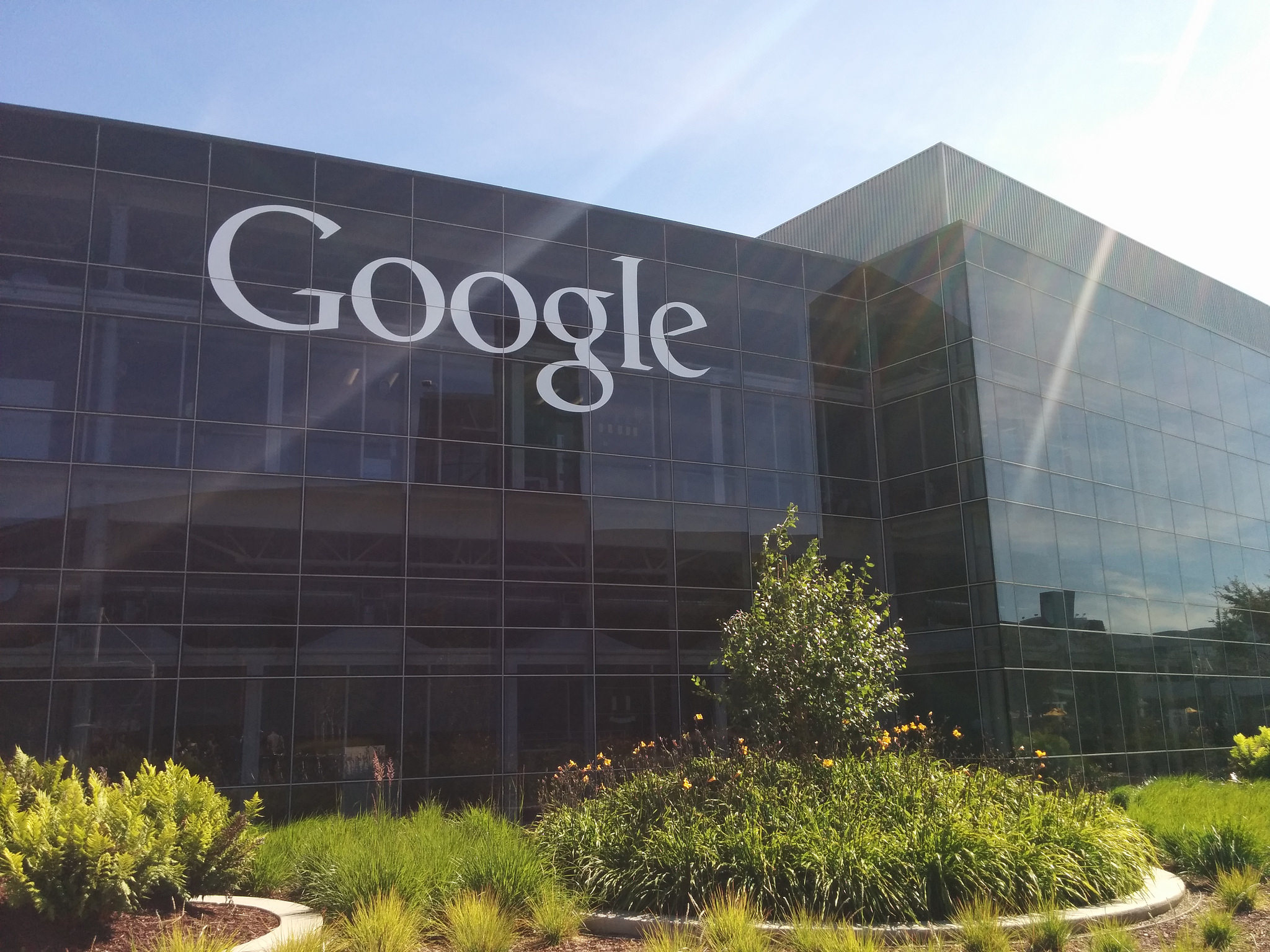According to a study done by Robert Epstein and Ronald E. Robertson, changes made to Google’s search algorithm have the ability to manipulate voting preferences of undecided voters by 20 percent or more. Published in the Proceedings of the National Academy of Sciences (PNAS), the study experimented with the Search Engine Manipulation Effect (SEME) in two countries with over 4,500 participants.
The investigators conducted an experiment where participants were randomly assigned to one of three groups in which search rankings favored Candidate A, B, or neither. Before researching for 15 minutes on a search-engine called Kadoodle, participants were provided a short description of both candidates and asked whom they would be voting for. The 30 search results were the same for everybody, but ordered differently depending on the group. The number of people favoring a candidate increased between 37 and 60 percent due to the biased search algorithm.
Google adjusts its search algorithm 600 times a year. In refutation of SEME, Google comments: “Providing relevant answers has been the cornerstone of Google’s approach to search from the very beginning. It would undermine the people’s trust in our results and company if we were to change course.”
Articles: Politico Magazine, August 19, 2015; via MILRN
Photo: Campaigning with a Smile via Jack [Creative Commons Attribution-NonCommercial-NoDerivs]





